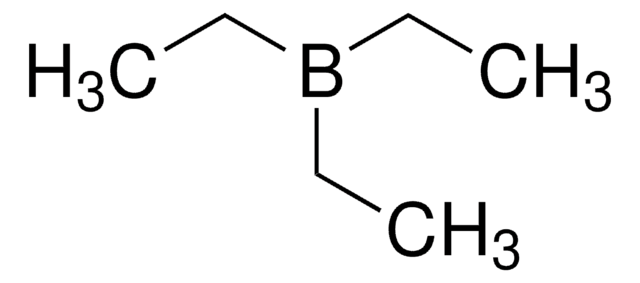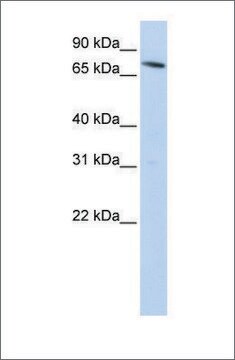GF92609264
Zinc
wire reel, 5m, diameter 1.0mm, extruded, 99.9%
Synonyme(s) :
Zinc, ZN005131
About This Item
Produits recommandés
Pression de vapeur
1 mmHg ( 487 °C)
Essai
≥99.9%
Forme
wire
Fabricant/nom de marque
Goodfellow 926-092-64
Résistivité
5.8 μΩ-cm, 20°C
pb
907 °C (lit.)
Pf
420 °C (lit.)
Densité
7.133 g/mL at 25 °C (lit.)
Chaîne SMILES
[Zn]
InChI
1S/Zn
Clé InChI
HCHKCACWOHOZIP-UHFFFAOYSA-N
Catégories apparentées
Description générale
Informations légales
Faites votre choix parmi les versions les plus récentes :
Certificats d'analyse (COA)
It looks like we've run into a problem, but you can still download Certificates of Analysis from our Documents section.
Si vous avez besoin d'assistance, veuillez contacter Service Clients
Déjà en possession de ce produit ?
Retrouvez la documentation relative aux produits que vous avez récemment achetés dans la Bibliothèque de documents.
Notre équipe de scientifiques dispose d'une expérience dans tous les secteurs de la recherche, notamment en sciences de la vie, science des matériaux, synthèse chimique, chromatographie, analyse et dans de nombreux autres domaines..
Contacter notre Service technique







